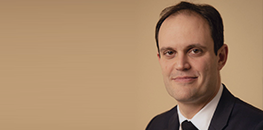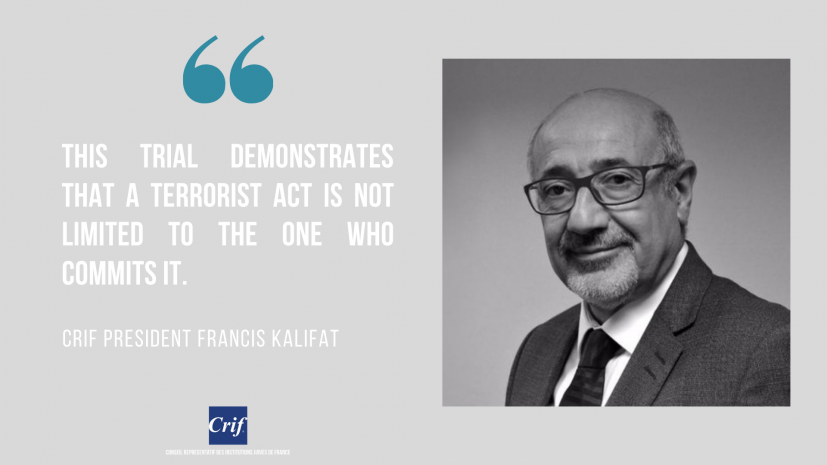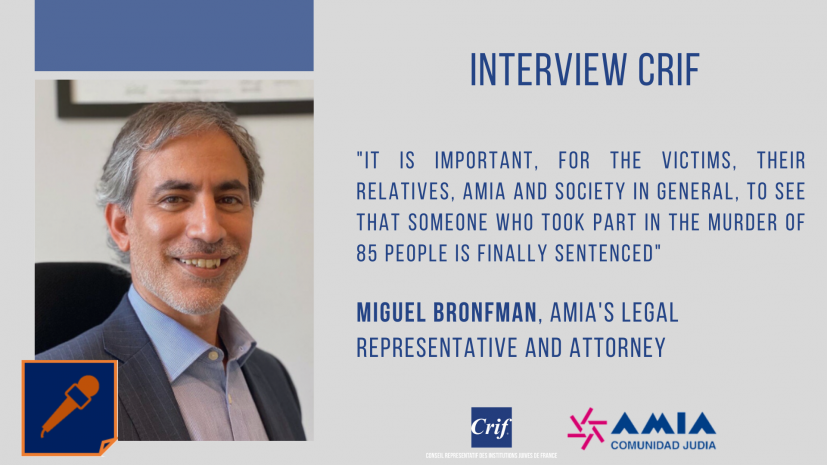News feed
Crif - Francis Kalifat comments on the 2015 terrorist attacks trial
|
16 December 2020
Tribute - Remembering Rabbi Lord Jonathan Sacks
|
16 December 2020
"Dear readers" - Express yourself!
|
06 November 2020








